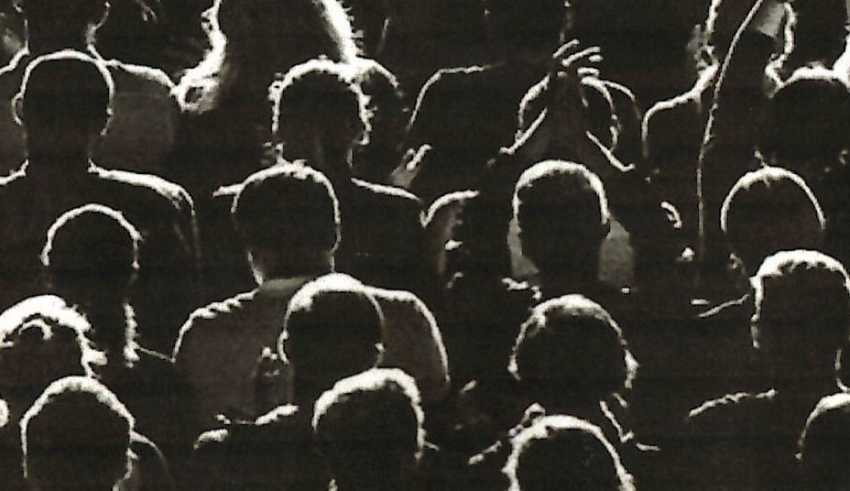
Van Prooijen suggests that “improving people’s capacity to recognize when conspiratorial allegations are implausible” is critical to mitigating this problem. Indeed, “… increasing rationality and offering rational arguments may help in reducing their appeal… Analytic thinking reduces the tendency to believe conspiracy theories, and, consistently, efforts to stimulate analytic thinking (e.g., education) are associated with decreased conspiracy beliefs.”
Van Prooijen (2017) continues:
Consistently, research found that education level is associated with disbelief in paranormal phenomena, a finding that was mediated by analytic thinking—that is, deliberative and conscious information processing. These arguments are relevant for belief in conspiracy theories, which is correlated with belief in paranormal phenomena.
Clearly, improving analytical thinking and logic skills in large populations is a long-term strategy. However, this long game is essential given the potential damage that conspiracy theories can cause, even when refuted by the most trusted experts and scientists in the world.
Scrutiny and accountability by and of social media
Van Prooijen offers additional insights regarding conspiracies. First, he observes that belief in conspiracy theories is not a recent phenomenon. These beliefs have been around since the beginning of humankind. However, “modern communication technologies increase the speed through which people learn about conspiracy theories”– although van Prooijen suggests that it is unlikely these technologies increase the number of people that ultimately believe in them. In our opinion, this is a surprising observation. Van Prooijen does not provide specific research supporting this viewpoint, and our guess is that social media technologies such as Facebook and TikTok, with billions of users, have the capacity to expand the reach of these conspiracy theories massively and rapidly.
Research conducted by Daniel Allington (2020) and a team from King’s College London seem to support our view:
. . . lives are being put at risk by conspiracy theories pumped out by unregulated social media platforms – people who rely on sites such as Facebook and others for information on coronavirus are more likely to reject lockdown (guidelines) than people who access news from other more traditional sources. There are growing calls for some form of control over potentially damaging conspiracy theory information being rapidly and widely spread through social media platforms. A simple Google search on a (conspiracy theory) subject can return 16 million hits (Researchgate.net): “This overwhelming access to information can drive the way people think and their behavior”, and some unscrupulous leaders clearly leverage this process.
We suggest that the size of the population being accessed does make a difference. Conspiracy and technology do create another “perfect storm.”
Leadership Matters
It is unfortunate that, particularly in the political sphere, many world leaders (and their surrogates and influencers), including those in the US, use emotional messaging to foster fear and uncertainty in order to gain support from their constituents. Research findings suggest that fear and uncertainty (one of the VUCA-Plus conditions) is a huge driver of belief in conspiracy theories. Indeed, many of these leaders specifically foster conspiracy theories and misinformation to create anxiety amongst the public in a tactic to gain support.

















